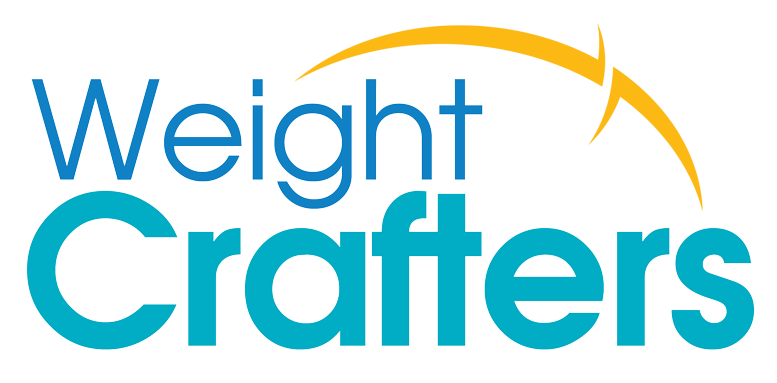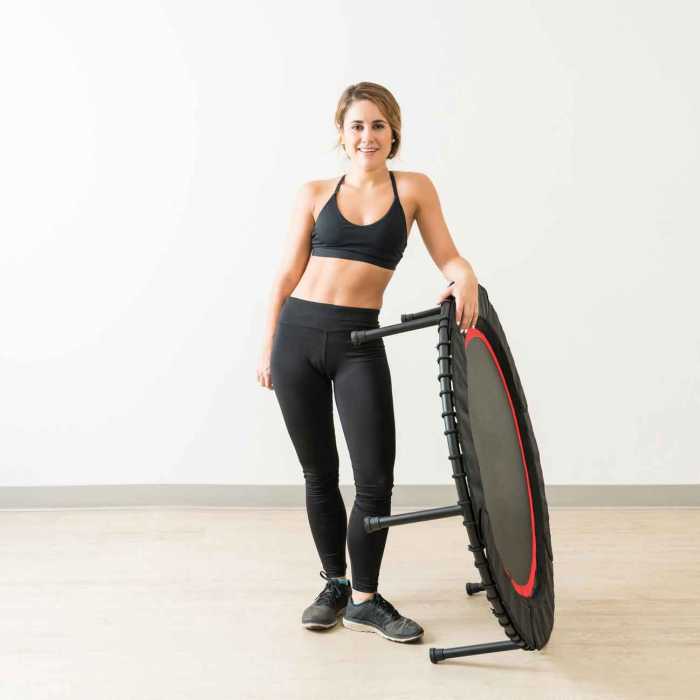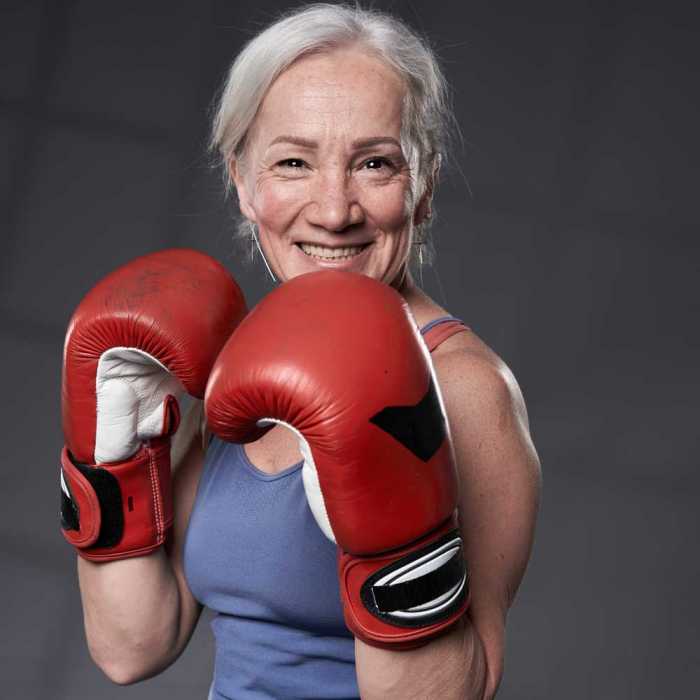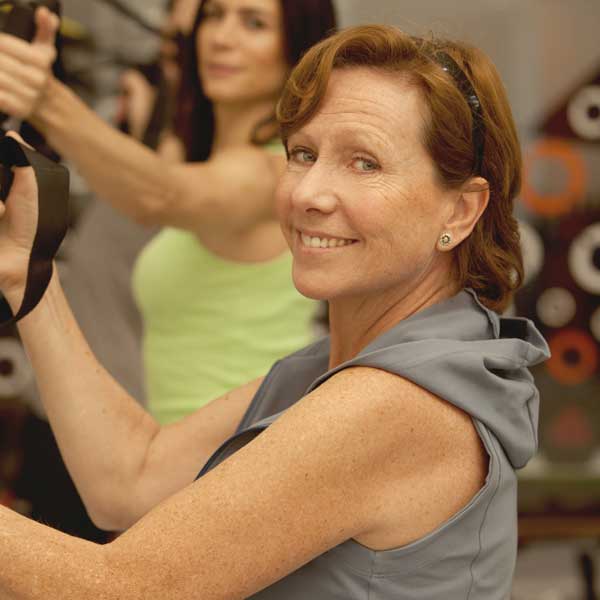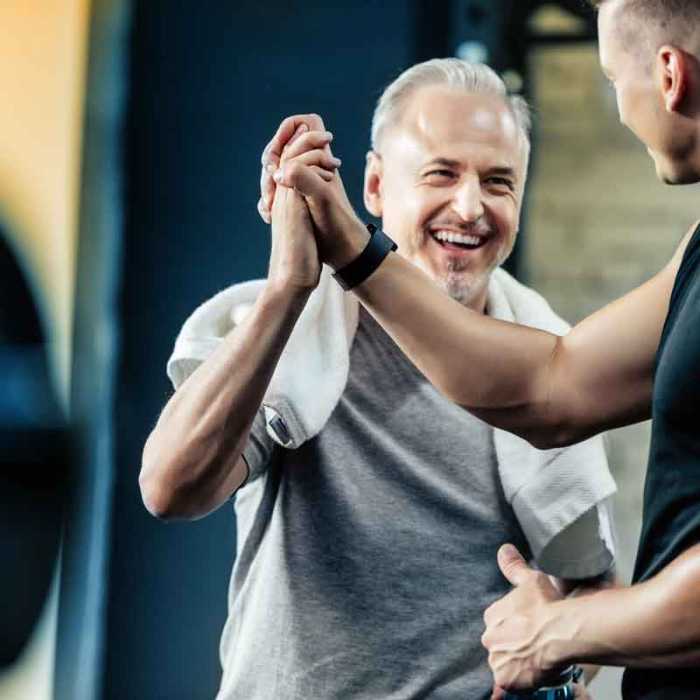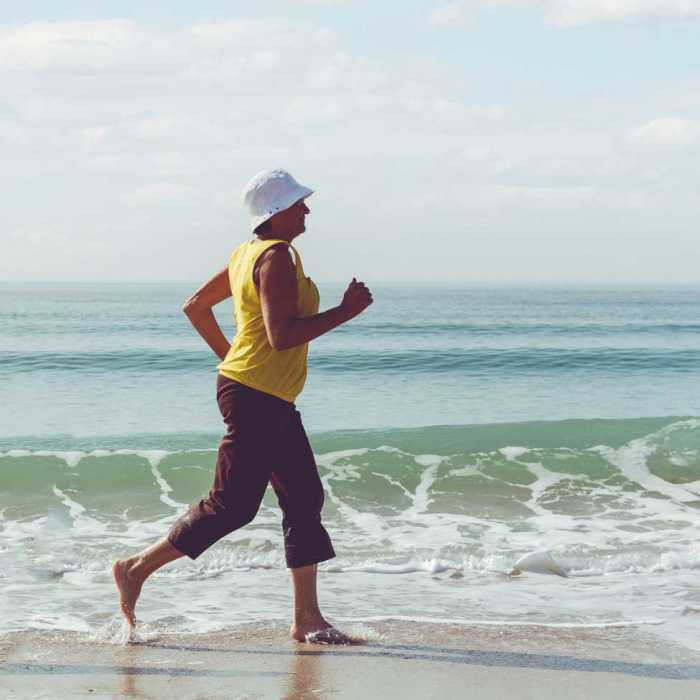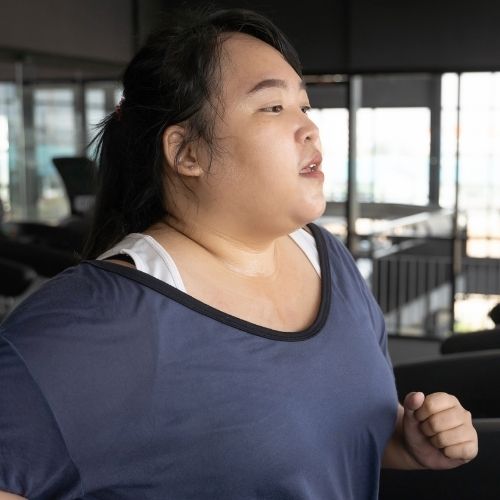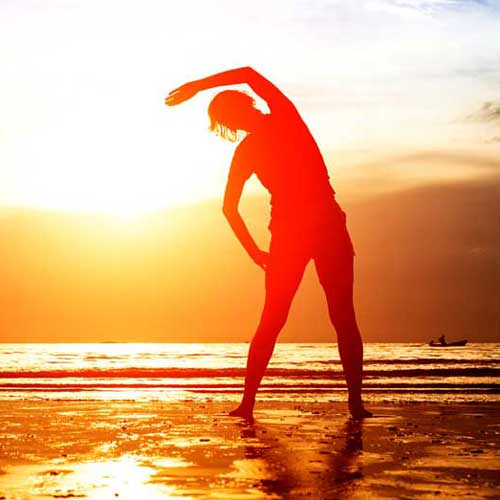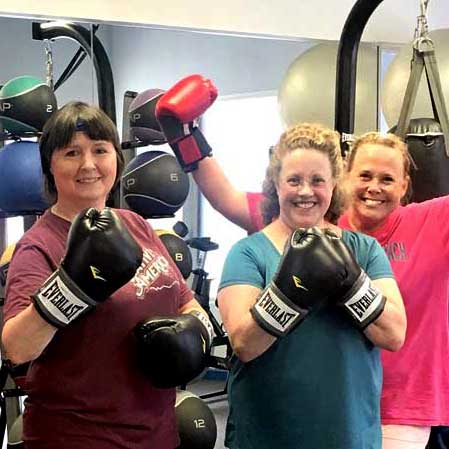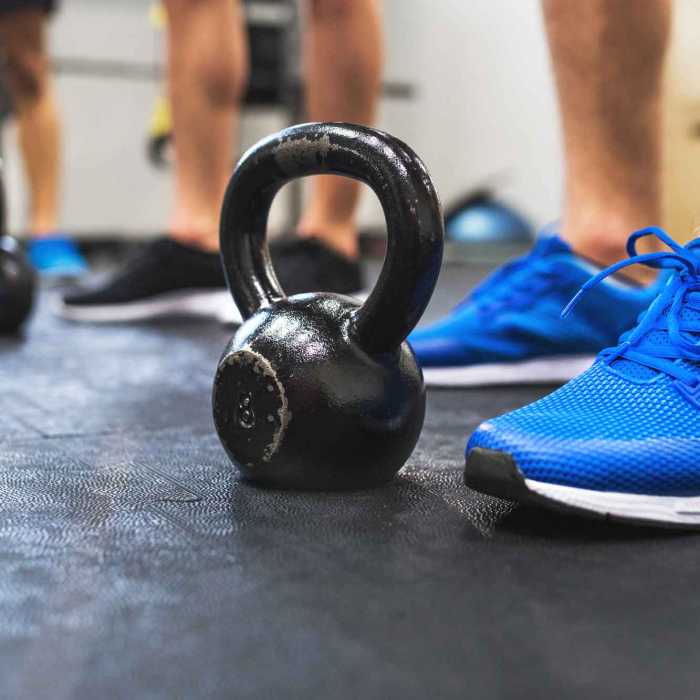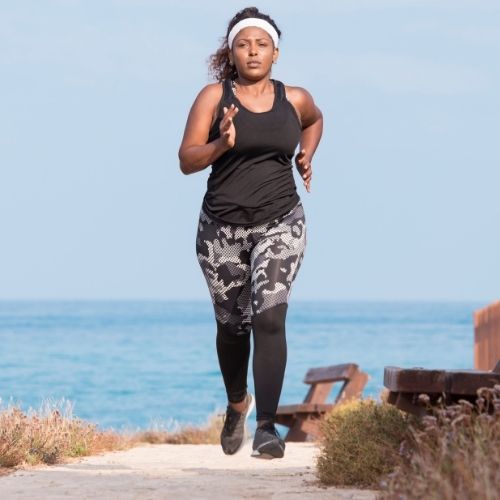What is Posterior?
Online Glossary / Quick Reference
The back of the body
About Posterior
Posterior refers to the back of the body, encompassing all structures and regions located towards the rear. This term is commonly used in anatomy to describe the orientation and location of various body parts relative to others. Understanding the posterior aspect of the body is crucial for medical professionals, fitness trainers, and anyone studying human anatomy.
Posterior Body Regions
- Posterior Head (Occipital): The back part of the head, including the occipital bone.
- Back (Dorsal): The region from the neck down to the lower back, including the spine and associated muscles.
- Posterior Shoulder (Scapular): The region encompassing the shoulder blades (scapulae).
- Buttocks (Gluteal): The area consisting of the gluteal muscles, which are key for movement and stability.
- Posterior Thigh (Hamstrings): The back of the thigh, including the hamstring muscles.
- Calf (Sural): The lower back part of the leg, primarily consisting of the gastrocnemius and soleus muscles.
Importance of the Posterior Aspect
- Movement and Stability: The posterior muscles, including the back, glutes, and hamstrings, are essential for movement, posture, and stability.
- Postural Support: Proper functioning of posterior muscles supports good posture and reduces the risk of back pain and injuries.
- Balance and Coordination: A strong posterior chain helps maintain balance and coordination during various physical activities.
- Functional Activities: Many daily activities, such as lifting, bending, and walking, rely heavily on the strength and flexibility of posterior muscles.
Exercises for Strengthening the Posterior Muscles
- Deadlifts: A compound exercise that targets the entire posterior chain, including the back, glutes, and hamstrings.
- Pull-Ups: An upper body exercise that primarily targets the back muscles, particularly the latissimus dorsi.
- Hip Thrusts: Focuses on strengthening the glutes, which are key muscles in the posterior chain.
- Hamstring Curls: An isolation exercise targeting the hamstrings, performed on a machine or with resistance bands.
- Back Extensions: Exercises that strengthen the lower back, often performed on a hyperextension bench.
Common Posterior Issues and Injuries
- Lower Back Pain: A common issue often resulting from weak posterior muscles or poor posture.
- Hamstring Strains: Injuries to the hamstring muscles, often due to overstretching or inadequate warm-up.
- Gluteal Weakness: Weak glutes can lead to imbalances and increased risk of injuries in the lower back and knees.
- Shoulder Blade Dysfunction: Poor scapular movement can affect shoulder function and lead to pain or injuries.
© 2007-2025 Weight Crafters, LLC. All Rights Reserved.
